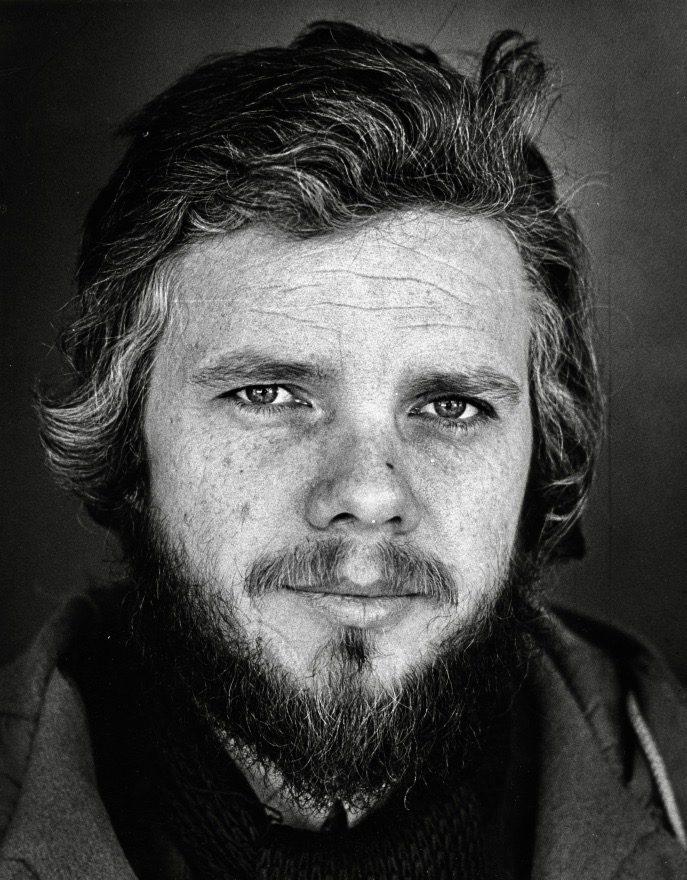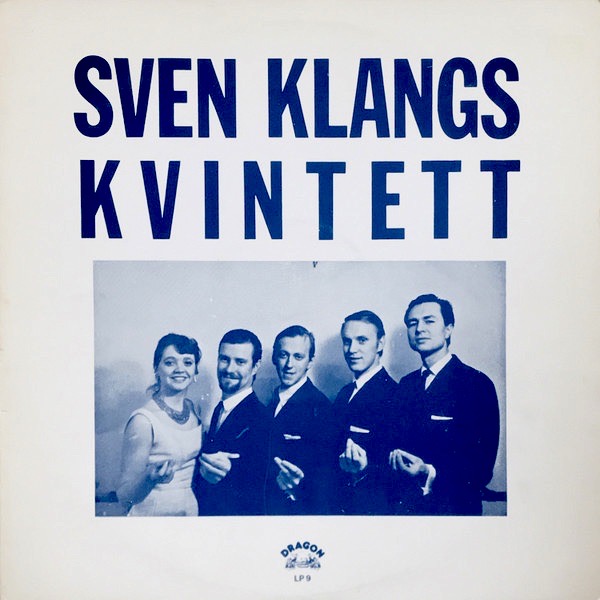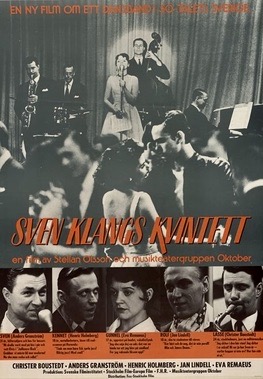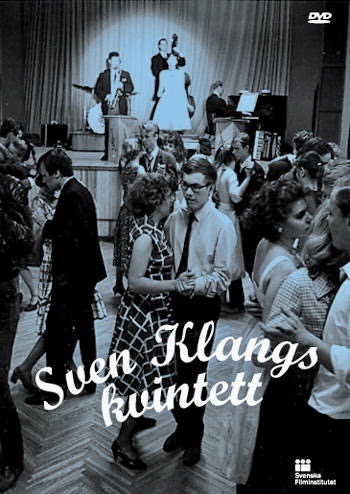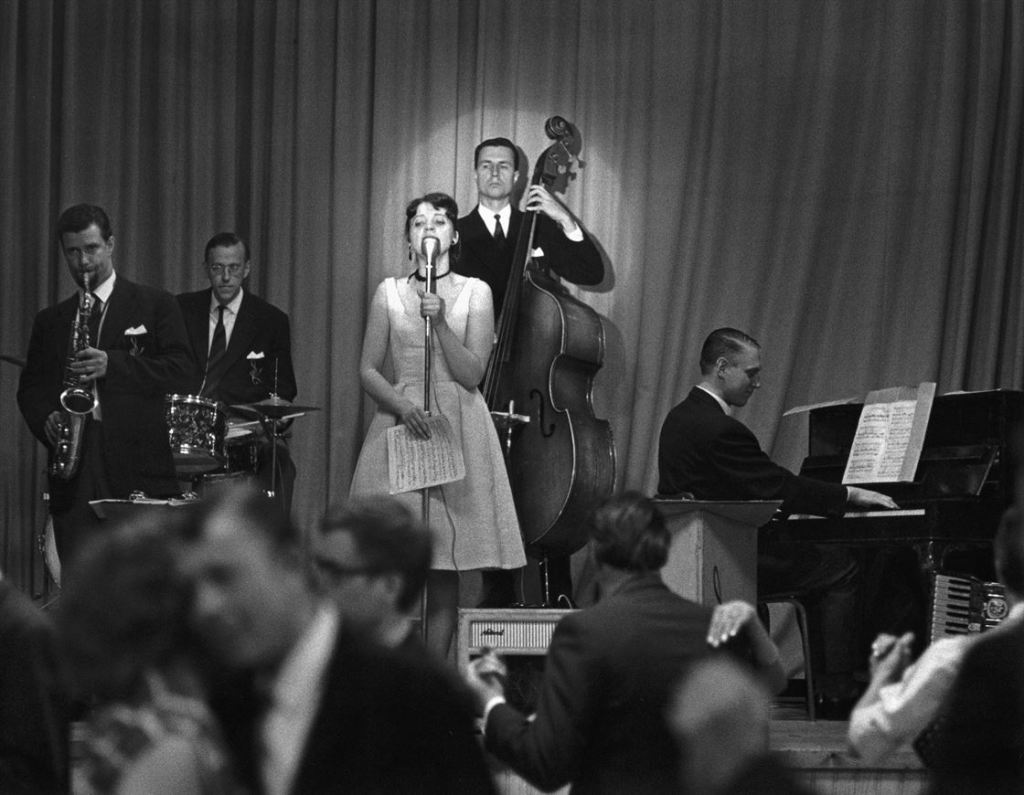
Group dynamics are always a fascinating topic for stories, especially when the focus is the workplace or some social situation. Consider this scenario, for instance, involving a small traveling band that specializes in Dixieland-style dance numbers and popular big band favorites. When a new musician joins their group with innovative musical ideas and the talent to execute them, not everyone is going to be immediately smitten. Such is the case with Sven Klang’s Combo (aka Sven Klangs Kvintett, 1976), a Swedish film by Stellan Olsson, which follows a fateful year in the life of a provincial quintet. They lose a member but gain a hip, new saxophone player from the big city who is heavily influenced by the bebop sounds of Charlie Parker, Dizzy Gillespie and others. The result is a bittersweet but often amusing look at how some bands either make the decision to go professional (if they are good enough) or content themselves playing for fun the rest of their lives.
The main characters in Sven Klang’s Combo are performing for the fun of it and some extra money to compensate for their low paying, full time jobs. The people in question are Sven (Anders Granstrom), a car salesman and the leader/bass player of the group who is a bit of an autocratic dilettante; Kennet (Henric Holmberg), a genial, easy-going drummer who works in a machine shop; Rolf (Jan Lindell), the complacent but judgmental pianist who majored in science but wants a professional music career, and Gunnel (Eva Remaeus), the band’s singer who supports herself with a boring office job.
The film takes place in the present – the mid-70s – but is told in flashback as each character reveals to an interviewer the experiences of the band in 1958 when Lars-Goran, referred to as Lasse (Christer Boustedt), joins the band and has a big impact on their current situation. His simple philosophy is “music can change your life.”
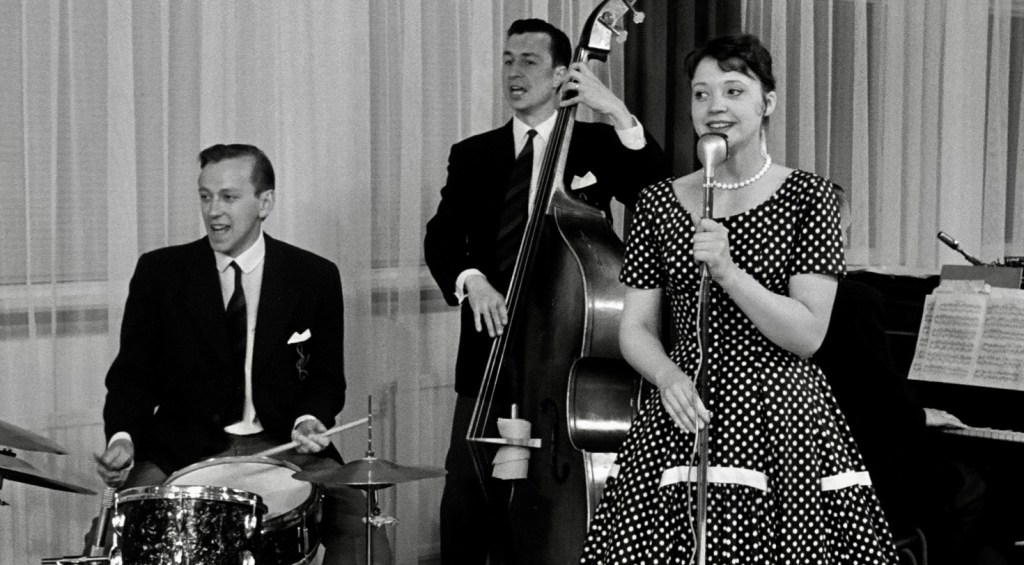
Almost from the beginning tension develops between Sven and Lasse over the combo’s musical arrangements. Sven insists on playing to the audience who simply want to dance and have a good time but Lasse favors improvisation and modern jazz flourishes in an effort to make the audience “listen” and appreciate a new kind of music.

Rolf, Kennet and Gunnel are intrigued and excited by Lasse’s ideas and talent although they suspect he might be a drug user. Rolf notes that it is obvious from the way he plays because “the notes come from elsewhere. He was completely absorbed in his playing. Didn’t you see the way he closes his eyes?”

Lasse is clearly an unusual and charismatic figure who surprises and sometimes confounds the other musicians and audiences with his riffs on standards like “American Patrol” and “Somewhere Over the Rainbow.” Eventually the toxic chemistry between Sven and Lasse result in the band’s break-up but not before they enjoy more acclaim and bookings than they had before Lasse’s arrival.
Along the way the viewer is treated to an evocative road movie in which the combo travels from one small town to another while various secrets about each character is revealed. Kennet turns out to be an aspiring poet whose words are set to music by Lasse while Sven, a married man, breaks off his long-time affair with Gunnel after she becomes pregnant. And Lasse turns out to be a major talent, who ends up returning to Stockholm where he makes a name for himself playing with legendary jazz figures like Stan Getz. He also becomes addicted to heroin, which brings the tale to a sad but nostalgic finish. In fact, the epilogue brings you up to date on what happened to the band members and where there ended up in life.

Certainly Sven Klang’s Combo is a treat for the eyes and ears (a soundtrack was released in Sweden). The black and white cinematography by Kent Persson is evocative of the early Czech New Wave films of Milos Forman such as Audition (1964) and Loves of a Blonde (1965) in the sense that subtle but candid details of human behavior and small town life are affectionately observed.
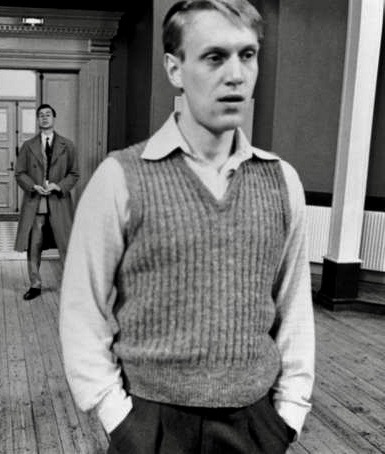
As for the soundtrack score, which was created by Christer Boustedt, a real-life musician and conductor, the tunes range from American classics like Kid Ory’s “Muskrat Ramble,” Percy Wenrich’s “Sail Along Silv’ry Moon,” and Herman Hupfeld’s “As Time Goes By” to jazz nuggets like Thelonious Monk’s “Well, You Needn’t” and Charlie Parker’s “Confirmation.” Sprinkled into the mix are numerous Sweden pop songs like “Ann-Caroline,” “Oh Boy, Oh Boy, Oh Boy,” and “Sjung och le” as well as original compositions by Boustedt (“Dikten,” “Nu ar det dags att ge”) and there is even an impromptu rendition of “Jailhouse Rock” by a very drunken Sven, who would rather play rock ‘n’ roll than submit to Lasse’s behop agenda.
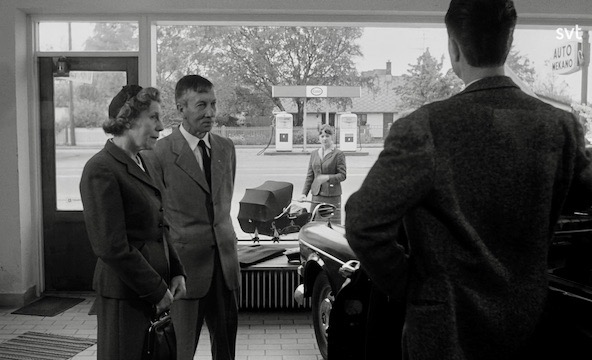
In some ways, Sven Klang’s Combo is comparable to other movies about the formation and break-up of touring bands like Blues in the Night (1971), Martin Scorsese’s New York, New York (1977), Alan Parker’s The Commitments (1991) and Tom Hank’s That Thing You Do! (1996). But the fact that it is set in 1958 in rural Sweden gives it a distinctly unique flavor that should appeal to any fan of musical road movies.
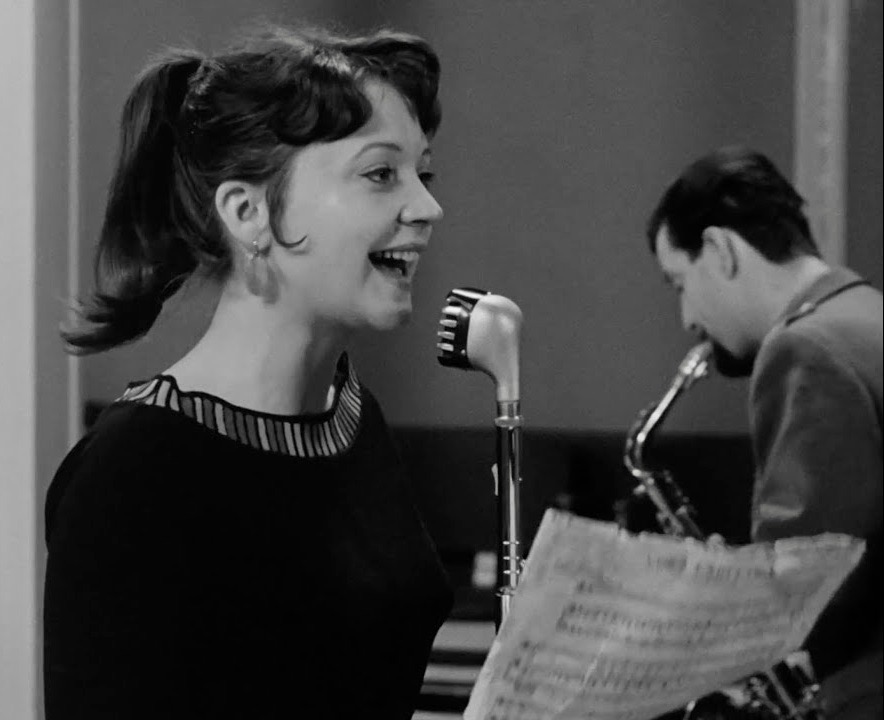
The director of Sven Klang’s Combo is Stellan Olsson (1936-2022), who is not well known in the U.S. as few if any of his movies have been released here. He was well regarded in his native Sweden, however, and probably his biggest commercial success was Den Store Badedag (The Great Day on the Beach, 1991), a coming-of-age drama set in 1930 Copenhagen. Yet it was Sven Klang’s Combo, his third feature film, which proved to be a major breakthrough due to the universal appeal of its storyline and music. It is also a light but heartfelt alternative to the usual stereotype of Swedish cinema, the angst-ridden dramas of Ingmar Bergman.
Currently Sven Klang’s Combo is not available on any format in the U.S. but you might be able to purchase a DVD of it from European online sellers.
Other links of interest:
https://www.bfi.org.uk/sight-and-sound/lists/ten-key-jazz-films
https://www.last.fm/tag/swedish+jazz/artists

